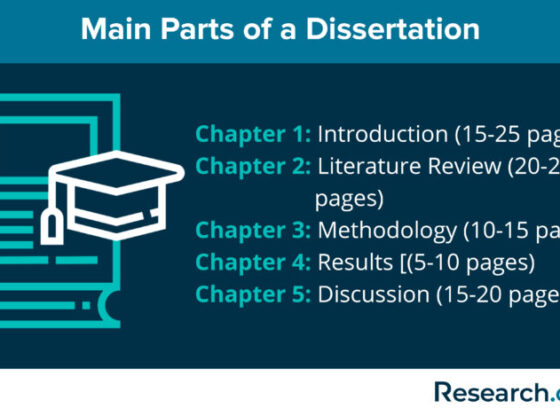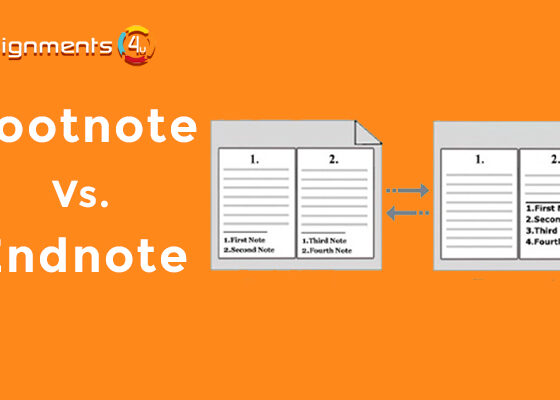Is plagiarism a crime in India?
Academic pursuits, especially research, require the candidates to work hard and remain honest in their aspirations. If you are copying someone else’s work in research, then it is an unpardonable act. Plagiarism is a crime that can tarnish one’s image. Do you want to know if plagiarism is a crime in India?
The term plagiarism is defined as the act of copying work without crediting the source. It also refers to borrowing someone’s original ideas and passing them off as one’s own. In academic spaces, plagiarism is mostly literary theft; therefore, it remains an unpardonable crime. Take guidance from the experts to avoid common research paper mistakes. Your focus should always be on preparing academic work without any plagiarism-related issues.
What does plagiarism include?
The work, ranging from words to media, that is copied from someone else falls under plagiarism. A brief look at plagiarism in India. They include the following:
- Images clicked by someone else
- Videos shot by someone else
- Performing a cover of someone else’s work
- Slogans
- Articles
- Ideas
Any work borrowed from somebody must be done with consent or by at least giving an acknowledgment. In terms of academics, students are obligated to follow specific guidelines to ensure that their assignments are written ethically. The students must include citations and references in their assessments to avoid plagiarism. Is plagiarism a crime in India?
Why is plagiarism considered a fraud?

Florida State University has stated plagiarism & academic fraud with thorough explanations of what is to be avoided and how academic work can be considered flawless. It is not as simple as ‘borrowing’ ideas or creations. It may seem innocent as there are no tangible objects involved, but it is considered highly unethical and an act of fraud that must be avoided at every stage. Such actions are considered fraud because of the following notable reasons:
- There is no consent from the original author.
- The work is misrepresented as one’s original content.
Not only are you stealing someone else’s hard work, but you are also lying about that before the academic community. It, therefore, has grave moral implications. We know that there are many plagiarism laws in content writing, so we offer high-quality and well-researched content writing and assignment writing services.
Laws relating to Plagiarism in India
The Copyright Act of the Indian government stops any tampering with the original work. If done, it may lead to punishment if the author of the original content decides to file a lawsuit. There are many plagiarism cases in India, so be careful while tempering the original work of any individual.
When is plagiarism a crime?
Anything at all that is originally conceived by a person is considered to be the intellectual property of the said person. When the copyright laws protect that intellectual property, copying that work without giving the proper credit amounts to violating the copyright laws. It is referred to as copyright infringement and remains a punishable crime. Why is plagiarism in India a criminal offense?
You may also like: Why Do You Need a Content Editing Service Now?
Punishment of Plagiarism in India
Plagiarism is unethical and considered fraud, but it is not regarded as a crime unless it violates copyright laws. However, both infringements of copyright and not crediting the authors are considered civil wrongs, allowing for criminal charges to be filed against that particular infringer.
Plagiarism cases in universities or colleges are considered to be both legal and academic offenses. Cases of plagiarism are hard to prove, as one may say it was done unintentionally; however, if found guilty, the infringer can face the following:
- Charged with a hefty fine;
- Receive a prison sentence;
- Be expelled or suspended from an academic institution.
Such cases’ legality depends on the contexts and intents of the persons and the situations in which that might have occurred.
How can you avoid plagiarism?
Borrowing from someone else’s work might seem more comfortable and maybe innocent if the original source doesn’t heavily influence one’s own work. In most cases, paraphrasing is acceptable, with credit. However, it is possible to avoid plagiarism as an issue altogether. You can do this by:
- Avoiding copying any content from elsewhere;
- Getting consent from the original author
- Giving deserved credit to the original author.
Scholars can approach genuine and trusted academic content agencies for scholarly and plagiarism-free educational content solutions. The scholars at the reputed agencies point out that no such case arises while drafting an academic piece—from research papers to various academic assignments. You can take guidance from the experts for all such solutions that shouldn’t carry any ethical manipulation. Many people want to know if plagiarism is a crime in India but do not know the exact answer.
To get a brief look at plagiarism in India, you must read the law passed by the Indian government.
Is plagiarism a crime in India?
It is incredibly discouraging to authors and inventors when their work is taken without consent or credit. That is why it remains crucial to have adequate laws to address violations of intellectual property. For plagiarism rules in Indian universities, read this post.
Do Indian universities check for plagiarism in assignments?
Yes, Indian universities routinely check the submitted work for plagiarism and AI content to make sure it is unique and legitimate. Before accepting an assignment, they want to ensure that students have submitted their unique work and not plagiarised from any other sources. If the content is copied, then the students are charged with violating the laws relating to plagiarism in India.













Hi SCI Team,
Yes, plagiarism is a crime not only in India but all over the world. How can someone steal someone’s efforts.
Hi Mitti,
Yes, we do agree with your point that plagiarism is a crime not only in India but all over the world.